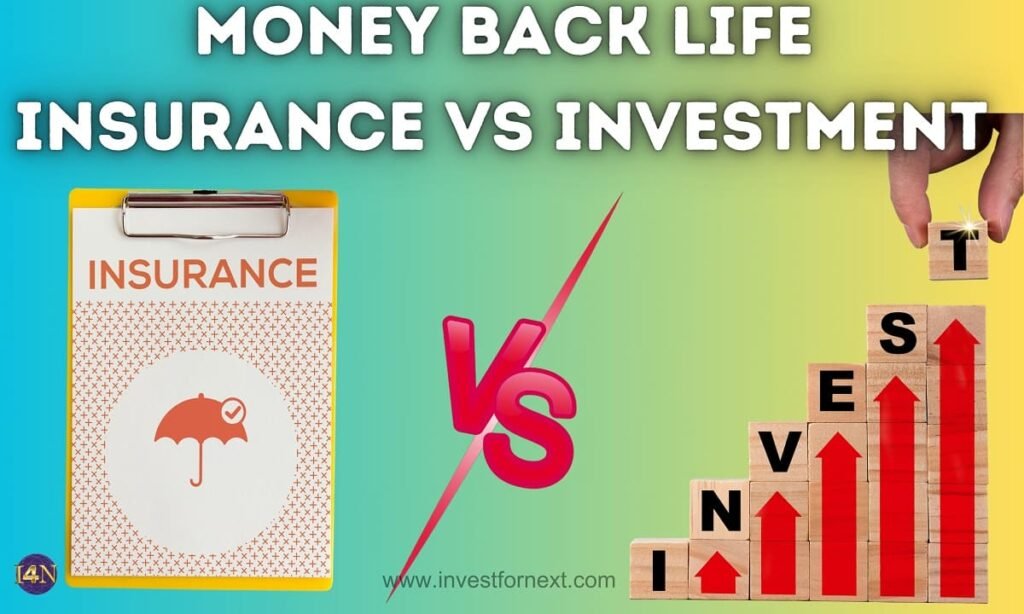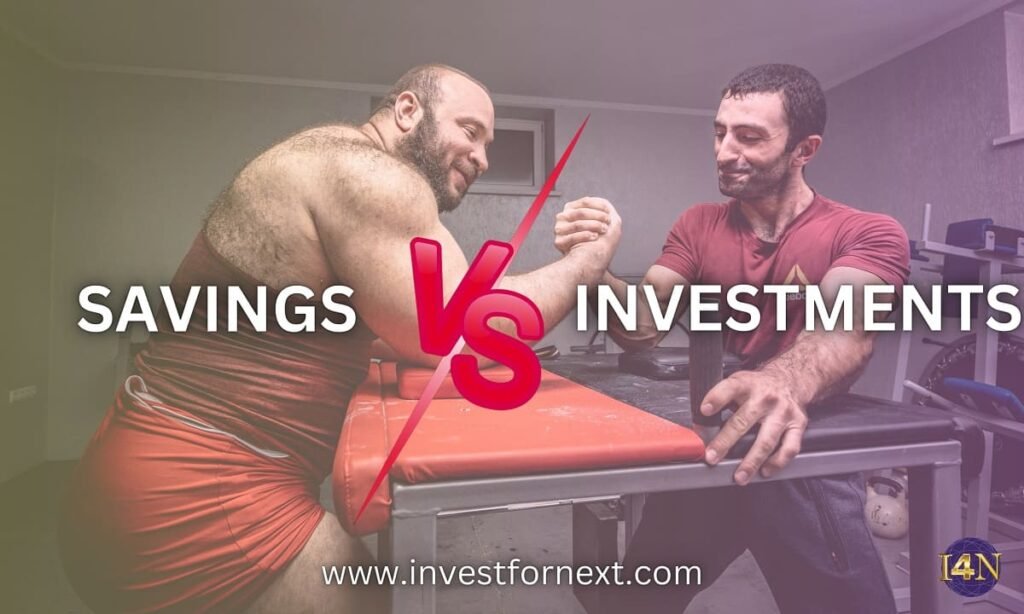
Many of us do tend to overlook some basic parameters of our lives, more so when it comes to finance. It is quite common for us to get lazy and postpone money matters although we know that it is important. This is especially so for those who understand financial principles yet shun the practice of good financial management. At Invest for Next, allow us to narrate to you a story about the perils of procrastination in one’s financial planning and how it may play out in the future.
Vimal and Gowtham had been inseparable since their college days. They used to share the same type of dreams, ambitions, and excitement associated with stepping into the real world. Both graduated with flying colors and were picked up by some prestigious organization for promising jobs. Their lives seemed on very similar lines, and the future lay bright ahead. They did not know it at the time, but their lives would soon be racing down two very different paths because of decisions each would make in the next twenty years.
The Journey Began
Vimal and Gowtham earned their first paychecks within a month of joining. They felt great ecstasy within them, mainly because of the work culture. Though both these attractive people were conscious about saving and investing, their approach was quite different.
With financially savvy parents and some wise mentors to guide him, Vimal decided to save and invest a considerable portion from his very first salary. He opened a mutual fund SIP and created an emergency fund. He also took up learning about the stock market. By its very clockwork, months would go by after that where money would get automatically debited from his account to his investments before he spent it.
Though Gowtham knew very well that he needed to save and invest, he could always find a reason to procrastinate it. “I will start next month,” he told himself, “I need to buy this new gadget first” or “I deserve a vacation after working so hard.” Procrastination became his habit. After all, his paycheck was spent dining out, shopping, and living for the moment. He always thought there was time to save later.
Passing Years
Years later, the discipline in Vimal’s approach started bearing fruit. His investments began to grow and multiplied during the power of compounding. He had purchased a modest home and paid off his mortgages in advance due to his prudent financial planning. Vimal also has adequate insurance coverage, both life and health, to protect his near and dear ones and himself.
He lived a life of comfort, though. He lived on credit cards and loans. He purchased a luxury car on EMI, took numerous vacations abroad, and lived in a posh locality in a rented apartment. Saving and investing was always at the back of his mind; the habit never took its roots. Often he consoled himself by saying, “I’ll start next year.”
Twenty Years Later
It’s just that twenty years flew by. Vimal and Gowtham are in their mid-forties, but their financial conditions have changed radically.
Vimal had reached a stage of financial freedom. He has multiplied manifold his investments and invested enough to be able to retire early and pursue passions dear to him. He is debt-free and earns a considerable passive income from his investments. Vimal traveled the world, spent quality time with his family, and enjoyed hobbies he had relegated to the backburner during his working years. He lived in peace and security, knowing his financial future was on very firm ground.
At the other end, Gowtham was caught in this vicious cycle of debt. The credit-card bills mounted, and the loans he had taken over the years became an insupportable burden. There was Gowtham, earning a decent salary and living paycheck-to-paycheck with very little to show for it. This expensive lifestyle that was once so lavish became stress central. Now, all the vacations, gadgets, and luxury car seemed like a distant memory as opposed to the constant worry of how ends were to be met.
He looked at Vimal; in his face, there was a mix of admiration and regret. Vimal in this very early game was making the right choices, and now he was reaping its fruits. Gowtham realized how much procrastination cost him dear. All those years of ignorance towards the importance of saving and investing made him vulnerable from a financial perspective.
Lesson Learnt
One evening, Vimal and Gowtham visited their favorite café one more time. Over steaming cups of coffee, Gowtham poured out his heart regarding his financial woes to Vimal. He listened sweetly and then advised him on what to do.
“It’s never late to get started, Gowtham. You can’t change the past, but definitely, you can take charge of your future. First, reduce the unwanted expenditure and give priority to this debt repayment. Then, start investing however small. The sooner you get started, the better.”
Gowtham nodded, for he realized the ring of truth in Vimal’s words. All the while, he felt he had a long way to go ahead; now, with a determination hurled into his psyche, he would turn his financial life around. He felt regret for the last twenty years hanging on him, and he was ready to change.
Conclusion
The story of Vimal and Gowtham stands as an apt reminder toward inculcating financial discipline, warning against the dangers of procrastination. While it was the early start and consistent efforts of Vimal that pulled him into the vortex called financial freedom, it was the delay and neglect of Gowtham, which went on pushing him into struggling with debt.
It is from choices made today that the future comes out. Be it saving, investing, or just being more careful with the way one spends their money, it’s the earlier we start, the better our future will turn out. It’s a lesson from the story of Vimal and Gowtham: financial freedom is quite within reach but calls for commitment, discipline, and readiness to act.
So let us take the path of financial wisdom in the years to come so that we shall, like Vimal, feel a future where everything is according to our wish—with peace and security and a life that has the freedom to live on our own terms.


